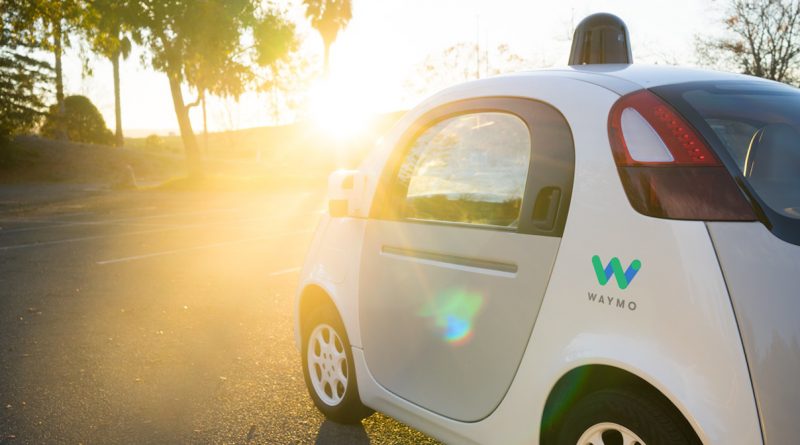Hertz, Avis Autonomy Partnerships: Good First Steps on a Long Path
Two new autonomous vehicle project partnerships bring the importance of fleet management to the fore.
Our autonomous future depends on the most technologically-advanced vehicles ever made, a network, and a way to connect users to that network. No provider does these three things well enough to go it alone. Survival therefore depends on collaboration — from joint supply ventures (BMW and Mobileye) and ride-hailing/auto manufacturing partnerships (Uber and Daimler, Lyft and GM) to public/private infrastructure partnerships through universities, municipalities, and the federal government.
Each day seems to bring a headline of a new alliance. Yet U.S.-based car rental companies — the entities that manage the largest automobile ecosystems — have largely sat on the sidelines, save for supply partnerships to Uber and Lyft drivers. (Europcar, meanwhile, has embarked on a host of mobility initiatives through its Innovation Lab.)
That changed yesterday with Avis Budget Group’s announcement of a partnership with Waymo, the self-driving vehicle unit of Alphabet, Google’s parent company.
With less fanfare, and without an official announcement from Hertz, California DMV documents made public reveal that Hertz is leasing to Apple six Lexus SUVs equipped with self-driving technology for tests in San Francisco. Apple is said to be testing its self-driving software in the Lexus SUVs.
Avis will perform vehicle cleaning, parts replacement, and scheduled maintenance as well as supply parking for Waymo’s autonomous minivan test fleet in Phoenix. Waymo’s purchase of more than 500 Pacifica hybrids shows the potential scope of Avis’s fleet management duties.
Optimistically, it’s only the start: Avis (and Hertz) get hands-on experience with autonomous vehicles while Waymo gains an understanding of Avis’s Zipcar carsharing network. Could Avis develop the Zipcar app or its self-service Avis Now app to include autonomous vehicles? Could Avis leverage its Avis Preferred loyalty program as a ready-made user base?
While Hertz’s partnership is more modest at this point, both announcements put car rental into the thick of the development of autonomous vehicles. Waymo and Apple are no doubt agnostic when it comes to who will ultimately manage their networks, but these partnerships recognize Hertz and Avis for one of their core competencies, fleet management.
Fleet management isn’t sexy. It’s the other side of the slick apps and clever marketing. Fleet management is about cutting hard bargains for thousands of new vehicles. It’s the guys on auction blacktops making on-the-fly sales through the din and exhaust fumes. It’s the lunch pail gang, those making sure the cars are where they need to be, clean and safe to drive.
Fleet management is also not the purview of ride-hailing and peer-to-peer networks, the most important development in transportation in a century. That model relies on assets owned by individuals. Driverless vehicles do alleviate ride-hailing of its biggest cost, the drivers. But as vehicles become exponentially more complex and expensive, and ownership cedes to fractional use schemes, the existing model falls apart.
I met an operations manager for Lyft at an event and I asked him what happens when no one owns their own cars anymore. He said Lyft was taken aback by the speed of change toward autonomy. He said the company sees a growth in its services for the next five years, and then comes the inflection point away from ownership. What happens then he wasn’t sure.
Car rental companies do fleet management better than anybody, but fleet management isn’t exclusive to car rental, as commercial fleet leasing and management companies, auto dealerships, and even quick-lube providers can handle these tasks. Indeed, the Hertz deal with Apple goes through Donlen, Hertz’s fleet management division.
This is why it’s so important for Avis (and Hertz, and other car rental companies) to get on the autonomy bandwagon now. These are important first steps down a long path.
The rest of the world is waking up to what fleet insiders already know: Those who own the fleet own the future.
Fonte: Auto Rental News

